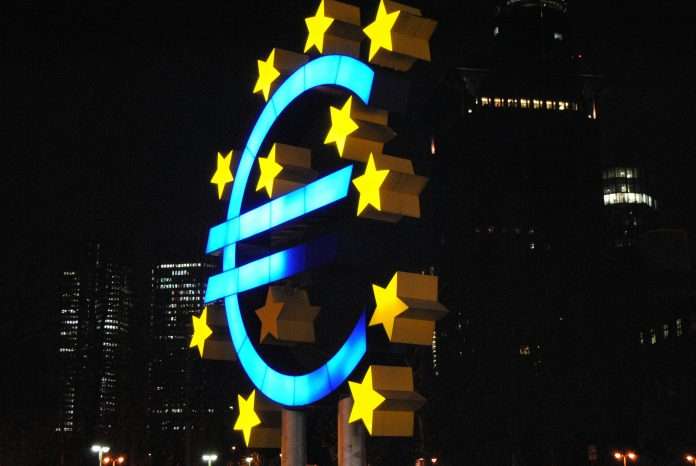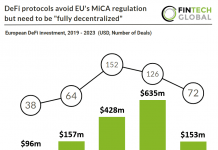The European Commission has welcomed the adoption of strengthened rules on the use of fluorinated gases (F-gases) and ozone-depleting substances (ODS), as they look to reduce the EU’s total greenhouse gas emissions.
These substances currently contribute to over 3% of the EU’s total greenhouse gas emissions – any any tightening of regulations surrounding them would be a major coup in their push to become more sustainable.
By endorsing these prospective regulations, the Commission has reinforced its commitment to achieving the EU’s 2030 climate goals and climate neutrality by 2050.
The new regulations would. aim to eliminate the use of hydrofluorocarbons (HFCs), the most common F-gases, by 2050. Importantly, existing quota levels have been substantially reduced, resulting in a gradual phasing out of HFCs over the coming decades.
By 2030, HFCs placed on the market in the EU will be reduced by 95% compared to 2015 levels, with complete elimination targeted by mid-century.
Additionally, the rules will restrict the use of all F-gases in equipment where climate-friendly alternatives are available, such as heat pumps and products in the health sector.
The rules are set to introduce measures to reduce F-gas and ODS emissions from insulation foams in old buildings and those undergoing renovation, reflecting a comprehensive approach to sustainability across various sectors.
These pioneering regulations are expected to set a positive example globally and encourage similar action in other countries to address these harmful gases.
In addition to environmental benefits, the new measures aim to drive green investments and stimulate the export of climate-friendly equipment.
Obsolete equipment using refrigerants with high global warming potential will be prohibited from being exported from the EU, incentivising manufacturers to invest in cleaner technologies.
This shift towards climate-friendly alternatives is anticipated to foster innovation and lead to the development of cleaner technologies, ultimately benefiting both industry and consumers.
Wopke Hoekstra, Commissioner for Climate Action, explained, “These new rules are the most ambitious in the world. They will avoid the use of planet-warming gases in products such as refrigeration, heat pumps, air conditioning equipment and aerosol sprays, making them more climate friendly. At the same time these rules will stimulate innovation and create new opportunities for EU industry, and citizens will benefit from the deployment of state-of-the-art technologies. The EU is also continuing its role as a leader in the implementation of the Montreal Protocol, and setting a positive example for partners around the world.”
The European Parliament approved both Regulations on 16 January 2024, and today’s Council vote completes the legislative process. The Regulations are expected to enter into force 20 days after publication in the Official Journal of the Union.
Keep up with all the latest FinTech news here.
Copyright © 2024 FinTech Global











